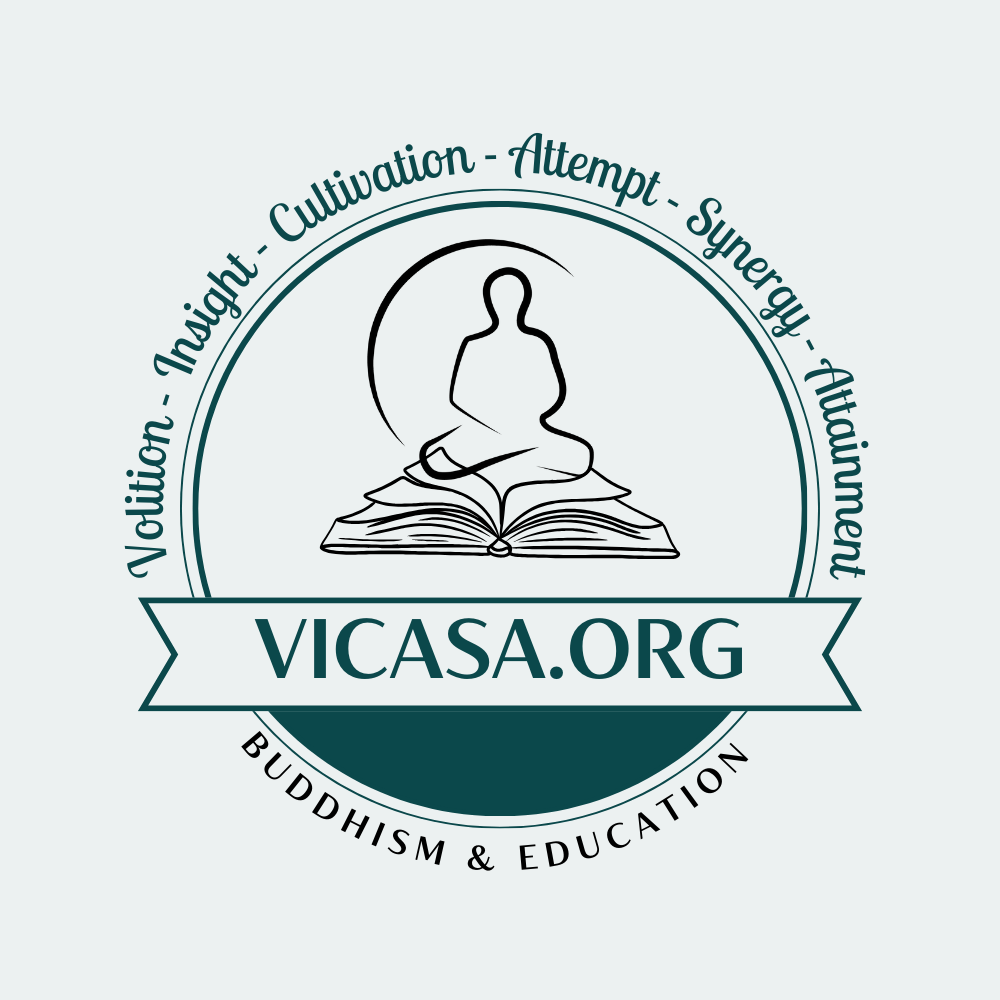Those who prepared a stable English base after graduating from high school or are confident in fundamental English knowledge can consider the following:
1. Bachelor of English
English Linguistics or English Language Teacher Education – full-time, part-time, or distance/online learning. The current formal system has many schools enrolling students in this major with diverse university benchmarks. If studying part-time or online, you can opt for a complete English Linguistics program at these schools: University of Social Sciences and Humanities Ho Chi Minh City – Hanoi, Open University Ho Chi Minh City – Hanoi, Hanoi University, University of Foreign Languages – VNU, Thu Dau Mot University, Thai Nguyen University, Quy Nhon University, Tra Vinh University, Dong Thap University. If studying part-time or online in English Language Teacher Education: HCMC University of Technology and Education. Having graduated, the value of degrees at most public and private university systems in Vietnam are certified and can apply for postgraduate study in international programs.

2. Bachelor of Buddhist English
Study the Department of Buddhist English at Vietnamese Buddhist universities once you possess foundational English knowledge and want to improve your Buddhist English. For some who may need more confidence to accomplish a national bachelor’s in English Linguistics, as they offer an IELTS or TOEFL standard program, you can follow a bachelor’s degree in Buddhist English. As long as you have an English basis from twelfth grade and put effort into studying, you will be able to aim for the Buddhist English program. However, the degree after graduating from the Vietnam Buddhist Universities has only been acknowledged by some institutes in India and Sri Lanka for post-bachelor’s programs.

3. Bachelor of Buddhist English in Asian countries
With a solid foundation of English knowledge and the ability to self-improve basic Buddhist teachings as well as equip yourself with Buddhist English vocabulary, you can decide on appropriate international schools to endeavor to accomplish a bachelor’s degree in Buddhist studies. Then, depending on your financial ability or personal efforts to receive a scholarship, you should approach another country to advance your wisdom and qualifications to switch the environment and accumulate more personal experience.
For those who are not confident in their English ability to pursue the international Buddhist studies bachelor’s program, they can participate in a short-term foreign language training course with a Diploma certificate (Pre-bachelor’s program without admission) at some Sri Lankan Buddhist schools.

You can pursue Buddhist bachelor’s programs in other Asian countries, relying on the admission criteria. Notably, they do not require international English certificates (IELTS or TOEFL) with free or affordable tuition fees, such as Singapore (only monks), Myanmar, Sri Lanka, Thailand, India, and Nepal. Further, you can build stable Buddhist knowledge at ITBMU—International Buddhist University in Yangon, Myanmar. The school enrolls students every year and accepts students who have graduated from high school and are eligible to study programs from Pre-Bachelor, Bachelor, Master, and Doctorate. Due to the longevity of the dhamma, they provides completely free study programs as well as dormitory and food during the dwelling.
4. Studying oversea in the West
Suppose anyone genuinely aspires to evolve and productively apply the knowledge of the foreign language they have acquired. In that case, they should pursue the English Linguistics major at national universities from the beginning to be exposed to a variety of subjects, aiming to hone their skills and understanding of quality knowledge systems. Having completed a bachelor’s degree program in English Linguistics, you will be capable of equipping yourself with additional knowledge of Buddhist English to study abroad or study online graduate and master’s programs with international accreditations: Buddhist Studies, Religious Studies, Education, Psychology, and Philosophy in varied countries: America, England, Australia, Canada, Germany, Hungary, or Finland.

5. Online learning
For those oriented to study to serve, such as becoming an English teacher, teaching Buddhist English, translating and interpreting the Dhamma, profoundly scrutinizing Tipitaka, or becoming an international lecturer, you should strictly invest time in the Bachelor of English Linguistics, full-time, in-service, or online. This program facilitates the most effective fundamental knowledge and crucial skills to be able to use English proficiently and share comprehension with others. If you are still unconfident after completing the bachelor’s program, you might nurture your ability by pursuing a master’s degree in English Linguistics or an international master’s program, with priority given to Western European countries, to solidify your English academic ability, expand your understanding, and learn self-research methods, as well as strongly consolidate skills and receive qualifications that suit international standards. In this temporary digital age, it is easy to study online at varied schools worldwide to save costs.

In brief, after completing a learning program, if you discern that your vocabulary is deficient to be able to read Buddhist English documents on your own or that your ability to use actual English as desired is limited, you should continue to follow the other programs or upgrade degrees to have an environment where you can use English more fluently. Thus, we rely on the environment to motivate us to persevere in learning. Thus, if you can discern the practicality of English in worldly and monastic life, the youth or young renunciants will be able to dedicate time to learning and practice processes arduously. Then, we can explore Buddhist English documents directly or discuss with international scholars to apply theory to our practice effectively.
*Note: You need to carefully examine the accreditation of any degree you want to follow so that you can use it domestically or internationally.

Sayalay Vijjāñāṇī (Tue Minh)
